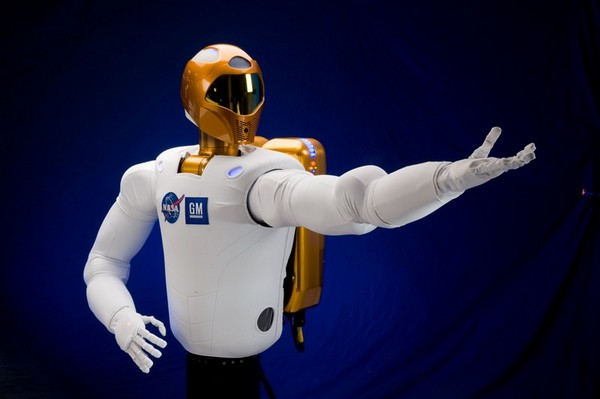May 6, 2010
“Neuro Lit Crit”
A recent article and subsequent Room For Debate piece in the New York Times look at the growing incorporation of cognitive and evolutionary psychology research into the work of English departments, and asks, “Can ‘Neuro Lit Crit’ Save the Humanities?” Answer: no. The crisis of the humanities implicit in the title of the Times...



